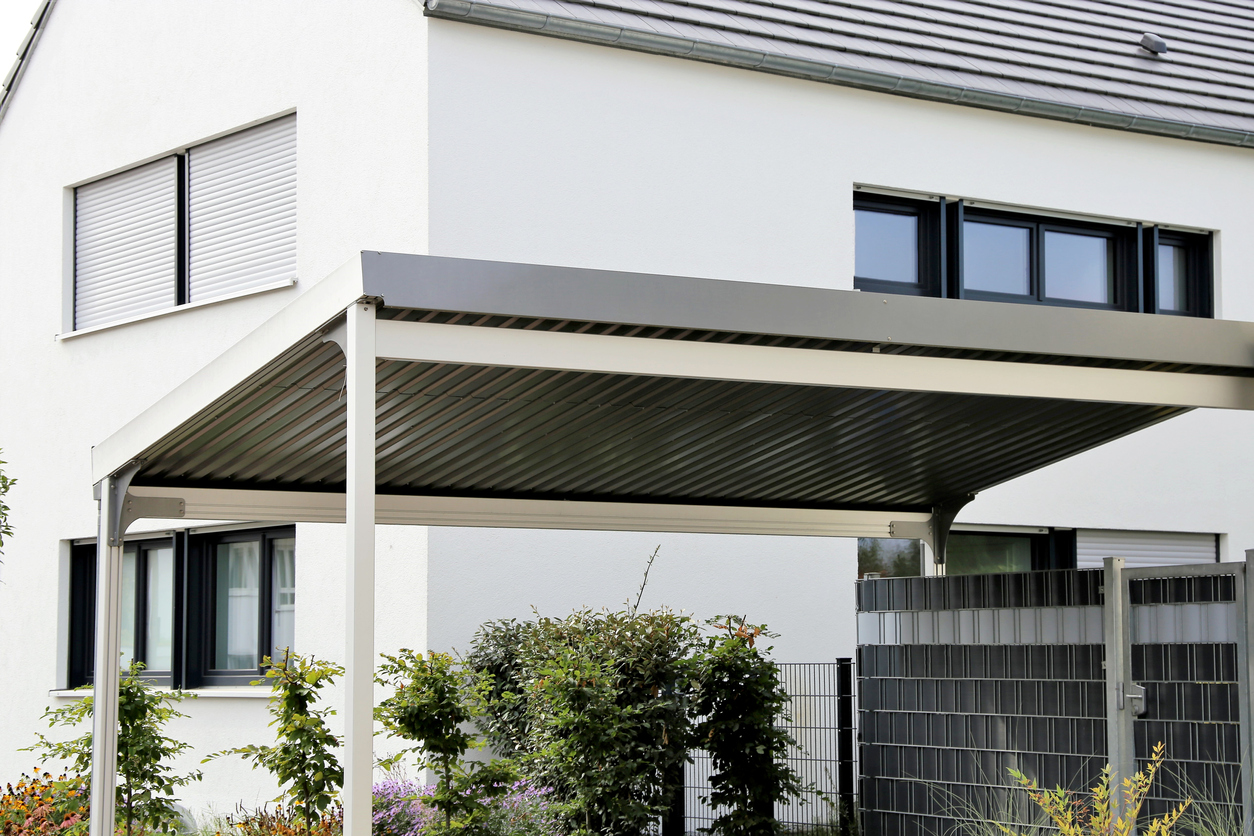- Before You DIY, Ask Yourself: Is This Light Fixture Safe?
- Getting a Handle On Your Front Door Hardware
- Top Ten Pinterest Home Improvement Boards for DIY-ers
- Take A Peek At More Top Ten Pinterest Home Improvement Boards
- Questions to Ask Before Starting a Major DIY Home Renovation or Addition in Hawaii
- Are You Starting a Major DIY Home Renovation Project?
- In It Together: Building a Duplex So Two Families Can Live the Dream
Every home has its little quirks, from the squeaky stair to the flickering porch light. More often than not, if the issues aren’t irritating or obviously dangerous they become part of the familiar character of our home. You learn to love these personality quirks of your home. However, when you’re thinking about a major DIY renovation, it rarely occurs to homeowners to worry about the safety of an old light or electrical fixture. Wiring ages, just like the rest of a house and old wiring can be worn or frayed. Even recently renovated lighting, if done incorrectly, can be dangerous. Getting involved in any unknown wiring should be done carefully and if the fixture is known for erratic behavior, you might want to turn off a breaker before your initial investigation.
Symptoms of Unsafe Wiring
Most homes, especially those built before 1987, have some area where the wiring is not perfect. Often this is the result of either old wires and fixtures or a long-past DIY project that has not withstood the test of time. If there’s a light in your home that is crooked, flickers, or has exposed wires, any DIY work you do with or near it should be done carefully and you might want to have it replaced by a professional. Here’s a quick list of warning signs to look for:
- Dimming and Flickering
- The power is not reaching your light fixture consistently, a sure sign that the connection is not steady and safe
- Frequently Tripped Breakers
- This indicates that something on that circuit is demanding more than a safe amount of power. Sometimes a previous tenant has ‘fixed’ this with a bigger breaker, so look for unusually large breakers as well
- Buzzing Outlets and Switches
- Buzzing is always bad. This is too much electricity running through loose connections
- Constant Shocks
- If a fixture or appliance is holding a static charge, this is a bad sign
- Burning Smell
- The smell of burning plastic is the result of overheating wires and melting insulation and nearby items.
- Suspicious Wiring
- If the wiring doesn’t look professional, it probably isn’t. While untidy wiring doesn’t definitely indicate a safety hazard, frayed wires, and damaged wire insulation is an immediate problem.
The Answer to Potentially Unsafe Fixtures
If your home electrical system or any particular fixture has exhibited one or more of these symptoms, you’ll want to approach your DIY project with extra care. If you’re not well versed in electrical safety, you may want to ask an electrician to take a look at your fixture before you get started. They will help diagnose your wiring problems and give you several tips on how to proceed with your DIY project. In many cases, you will simply need to replace a few old parts while the power is disconnected.
Starting a big DIY project usually involves a variety of construction and repair skills including working with your wiring. If you have been thinking about working with your light fixtures or outlets, always be careful when approaching an unknown electrical connection. Know which wires are live and if you’re not completely confident about remaining safe, work with an electrician to ensure that you don’t leave a dangerous, if attractively remodeled, situation.
If you have plans for a DIY renovation and have been wondering if that old flickering light fixture is safe to mess with, the answer is all-too-easily “No”. Faulty wiring is the number one cause of accidental house fires and unnecessary burns. Keep yourself and your home safe by approaching electrical renovations with care, especially if the fixture is known for irregular behavior, no matter how familiar. For more helpful home renovation tips, contact us today!
 Copyright secured by Digiprove
Copyright secured by Digiprove 


